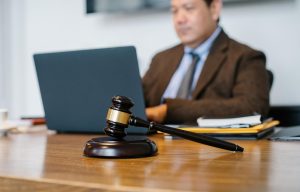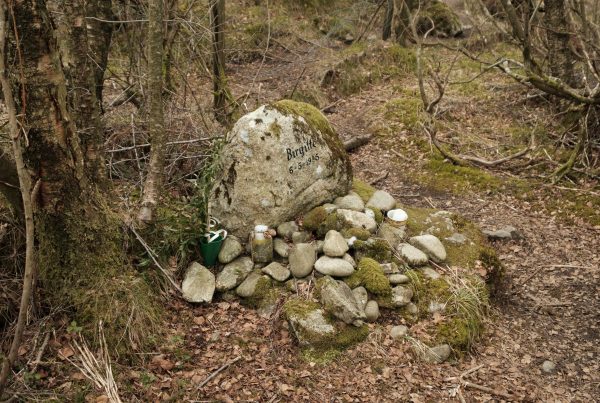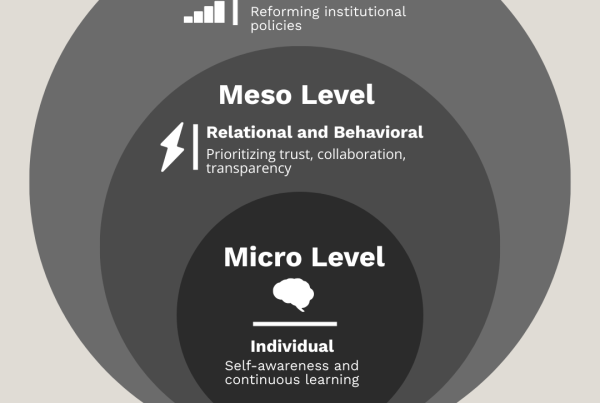The Importance of Recording Interviews
In today’s legal landscape, the accurate recording of interviews with witnesses and suspects is critical for building solid evidence and is increasingly recognised as best practice. Recordings not only preserve the evidence in its original state, but also provide a factual record of the entire interaction. Every aspect of the interview – including the setup, participant identities, and all exchanges – is comprehensively captured. This ensures the interview’s integrity and aids in safeguarding against memory flaws.
Properly documented evidence is an indispensable asset in court and underscores the necessity of employing reliable recording technologies.
Challenges in Courtroom Evidence Playback
There are significant challenges associated with the technological limitations in current courtroom setups. These range from inadequate equipment, leading to poor-quality video and audio, to improperly positioned screens, making it difficult for jurors to grasp the nuances of a witness’s testimony. Such shortcomings can impact the delivery of justice, as jurors might struggle to engage with and accurately interpret the evidence presented.

Strategies for Enhanced Playback Quality
To address these challenges and ensure the effectiveness of recordings, several strategies can be employed:
- Quality of Recordings: First and foremost, ensure the use of high-quality recording equipment to avoid any loss of detail or clarity. The better the original quality, the less likely it is that issues will arise during playback in court.
- Courtroom Setup: Advocate for modernized courtroom setups that accommodate the latest in display technology. This includes positioning screens in a manner that allows all jurors a clear and unobstructed view, ensuring they can fully absorb the details of the evidence.
- Pre-trial Checks: Conduct pre-trial checks of the courtroom’s audio-visual equipment to identify and rectify any potential issues. Ensuring that all devices are fully functional and compatible can prevent last-minute hiccups.
- Training and Guidance: Provide training for legal professionals on the optimal use of technology in and outside of the courtroom. Understanding how to best leverage recording solutions can lead to more effective evidence presentation and, consequently, a fairer trial.
- Feedback and Improvement: Collect feedback from courtroom experiences to continually improve technology and courtroom setups. This ongoing dialogue between law enforcement, legal professionals, and technology providers is key to evolving courtroom standards.
Davidhorn’s Technology
Using Davidhorn’s recording technology, law enforcement agencies can ensure that every interview is captured with audio and video, producing court-ready evidence. Our devices and software are designed to meet legal standards, guaranteeing that the evidence is admissible and respected in legal proceedings. However, while capturing high-quality evidence is critical, its presentation in court is equally crucial.
Conclusion
As technology advances, so too should our legal processes. By marrying high-quality evidence recording technology with improved courtroom presentation, we can enhance the clarity, engagement, efficiency and fairness of trials. Law enforcement agencies, armed with the right tools and knowledge, can lead the charge in this new era of judicial proceedings, ensuring that justice is not only done but seen and heard.
Davidhorn is committed to this vision, providing the tools and support needed to navigate the complexities of modern law enforcement and judicial presentation. Together, we can forge a future where technology stands as a pillar of justice, ensuring every voice is heard and every piece of evidence is clearly seen.



